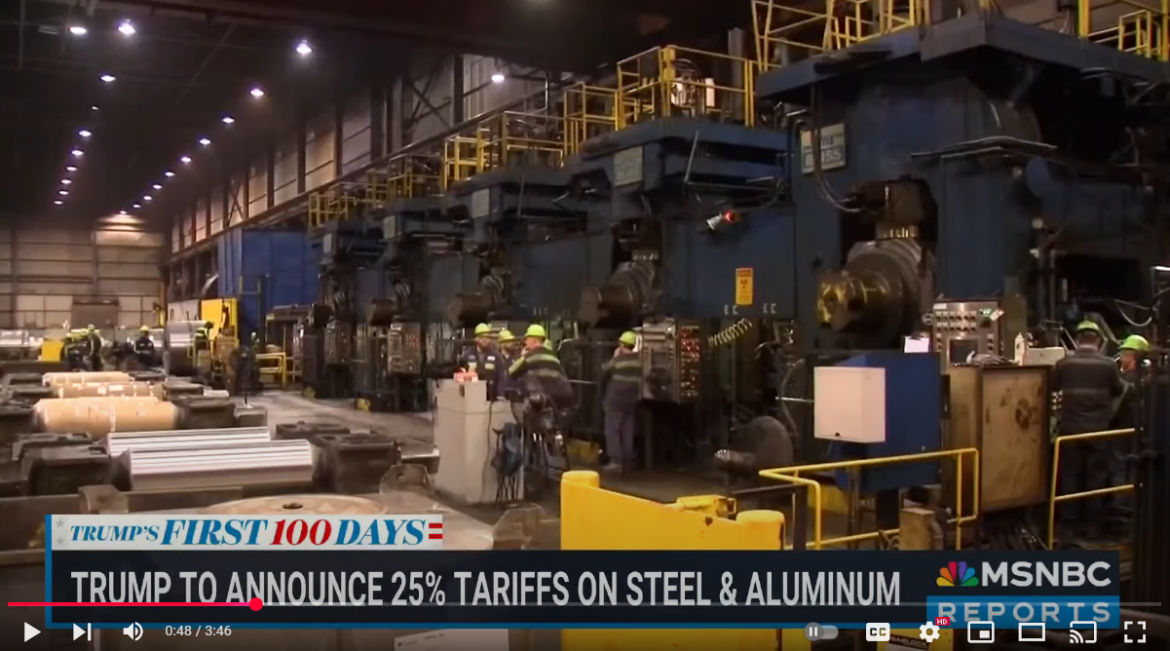In a decisive move to reshape U.S. trade policy, President Donald Trump announces the imposition of a 25% tariff on all steel and aluminum imports into the United States, effective immediately. This action, declared aboard Air Force One en route to the Super Bowl in New Orleans, signifies a significant escalation in the administration’s protectionist trade agenda.
The newly announced tariffs are comprehensive, affecting imports from all countries, including key allies such as Canada, Mexico, and Australia. This approach marks a departure from previous instances during Trump’s first term, where certain allies received temporary exemptions. The administration has not indicated any plans for exemptions in this round of tariffs.
The decision has prompted immediate reactions from affected nations. Australian Prime Minister Anthony Albanese is preparing to engage directly with President Trump to negotiate potential exemptions for Australian steel and aluminum exports. Australia, emphasizing its longstanding alliance and recent investments in U.S. defense initiatives under the AUKUS pact, seeks to avoid the economic impact of these tariffs.
Economists and industry experts express concerns that these tariffs may lead to increased costs for U.S. industries reliant on imported metals, such as construction and automotive sectors. The potential for higher consumer prices and retaliatory measures from trade partners adds to the uncertainty surrounding this policy shift.
This development occurs against the backdrop of escalating trade tensions between the U.S. and China. In response to the U.S. imposing a 10% tariff on Chinese goods, China has enacted retaliatory tariffs on approximately $14 billion worth of U.S. exports, including liquefied natural gas, coal, crude oil, and agricultural machinery, with levies ranging from 10% to 15%. Additionally, China has initiated antitrust investigations into major U.S. companies and restricted exports of critical rare earth metals, further intensifying the trade conflict.
The administration’s latest tariff measures underscore a broader strategy to address perceived trade imbalances and protect domestic industries. However, the potential for retaliatory actions from affected countries raises concerns about a possible global trade war, with significant implications for the international economy.



